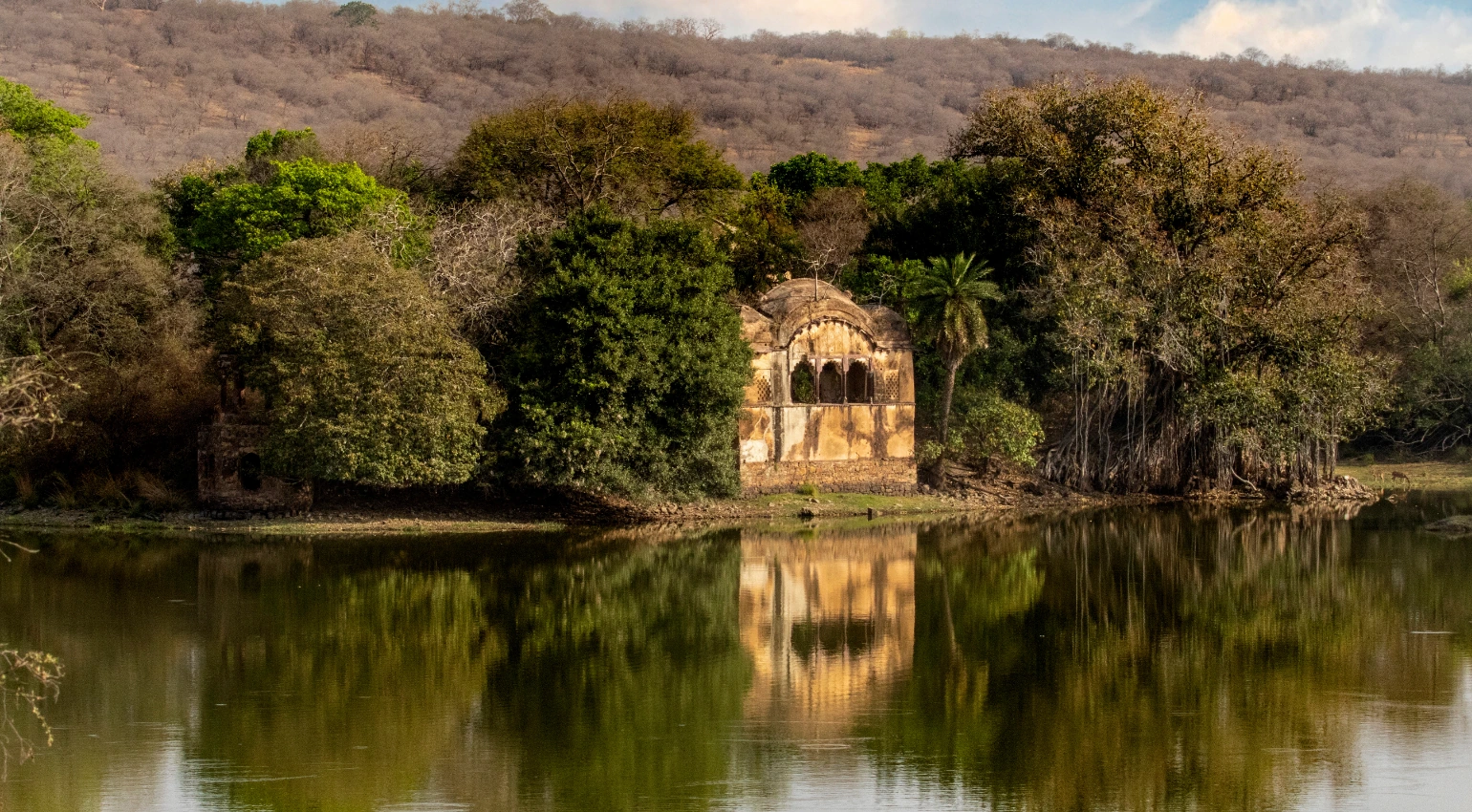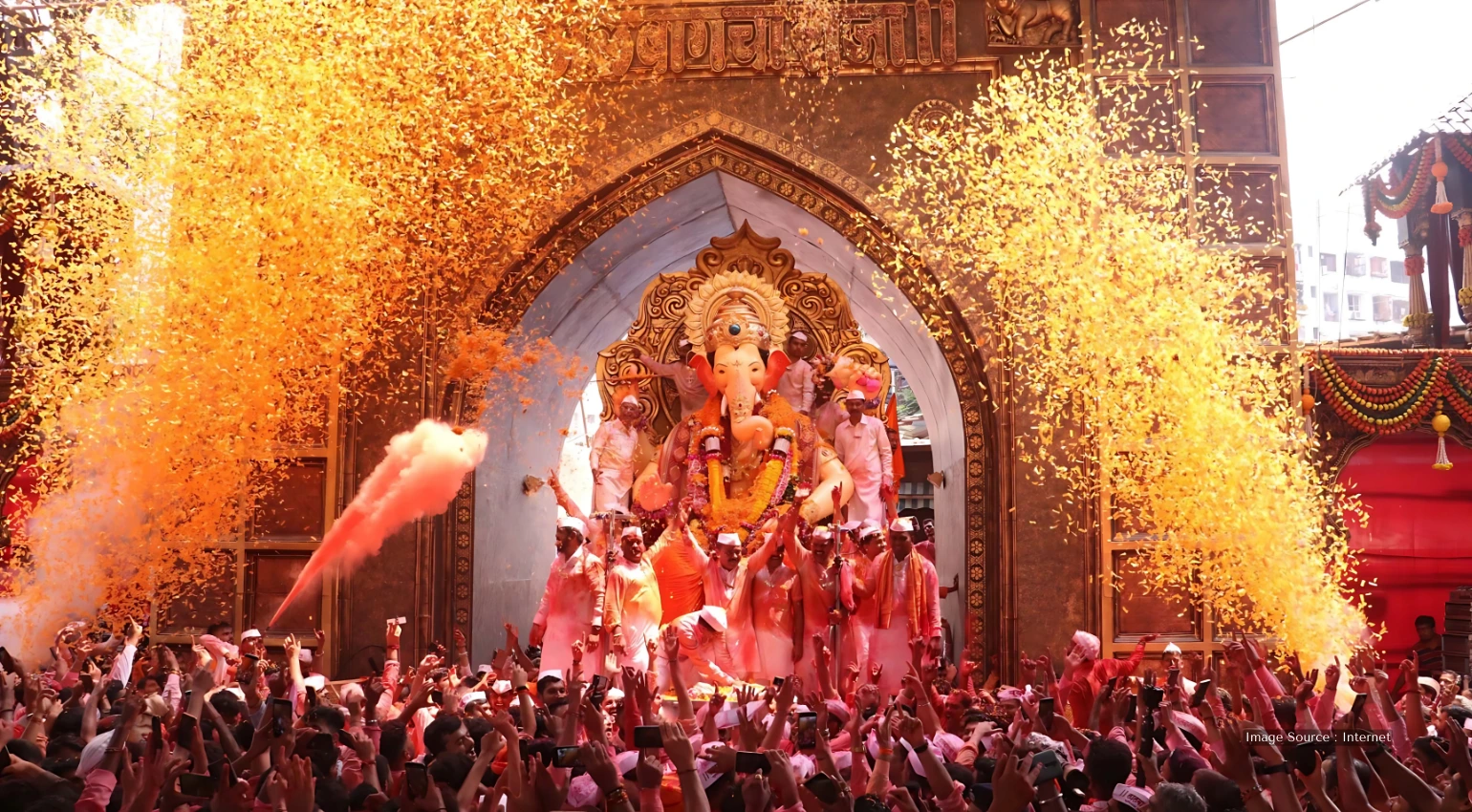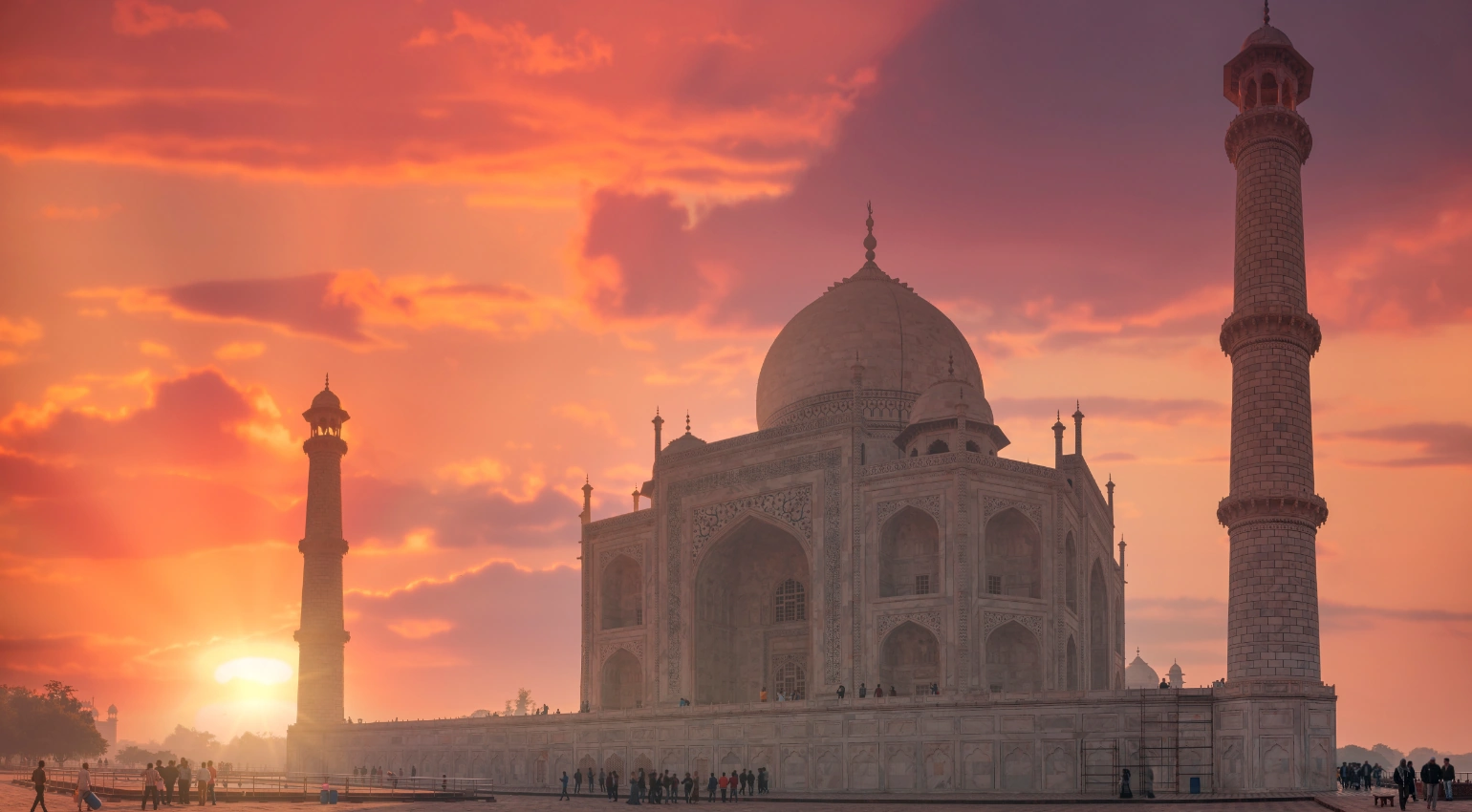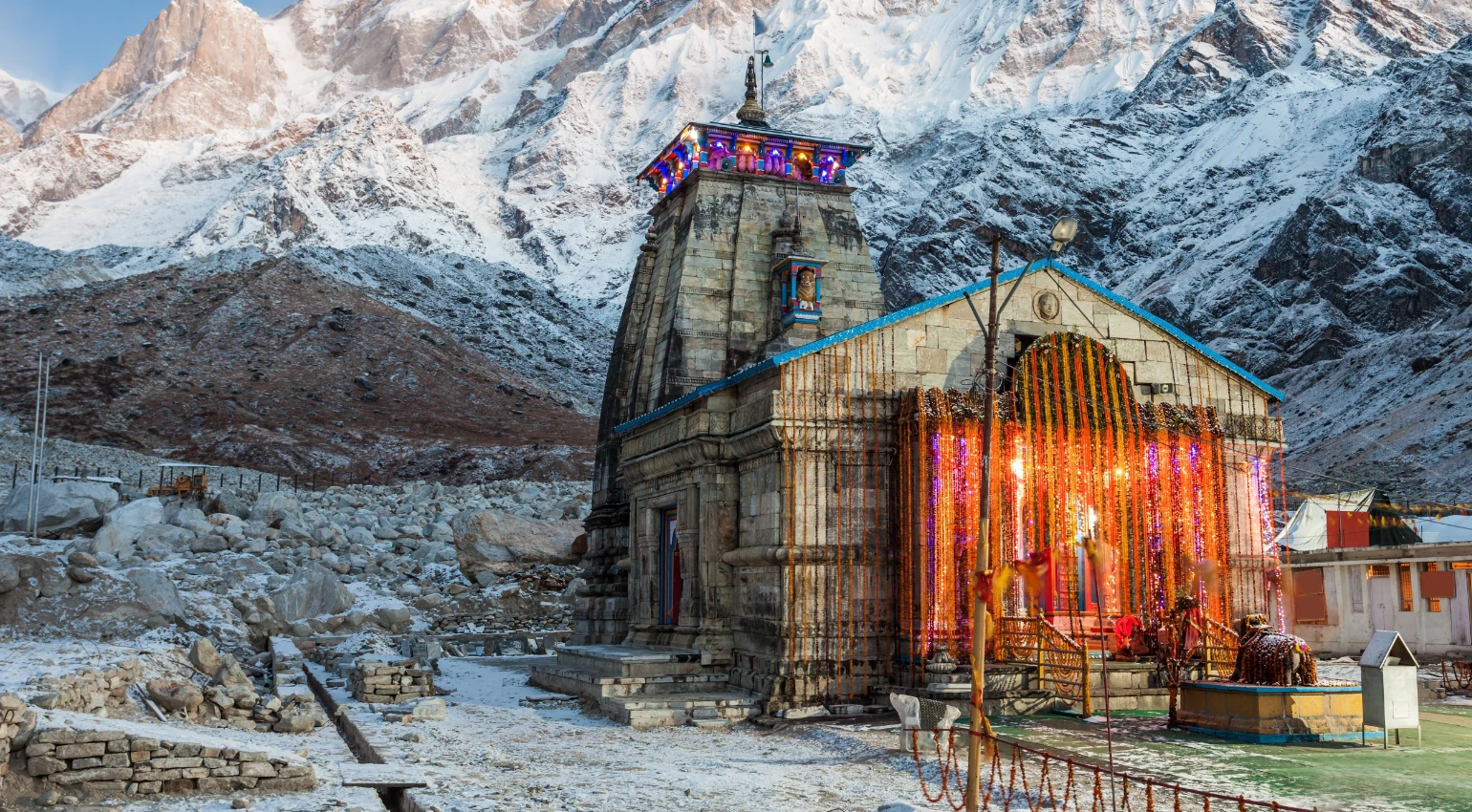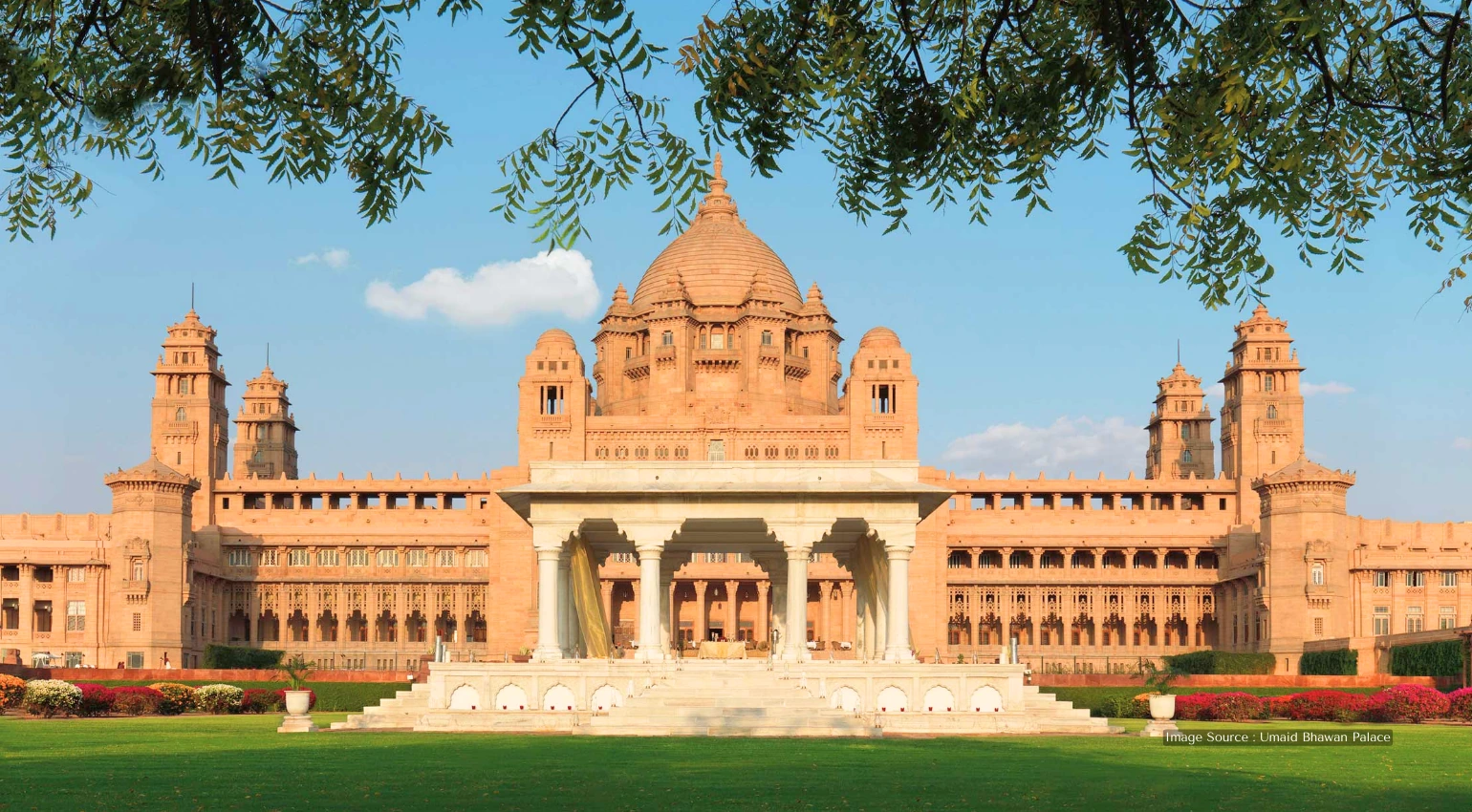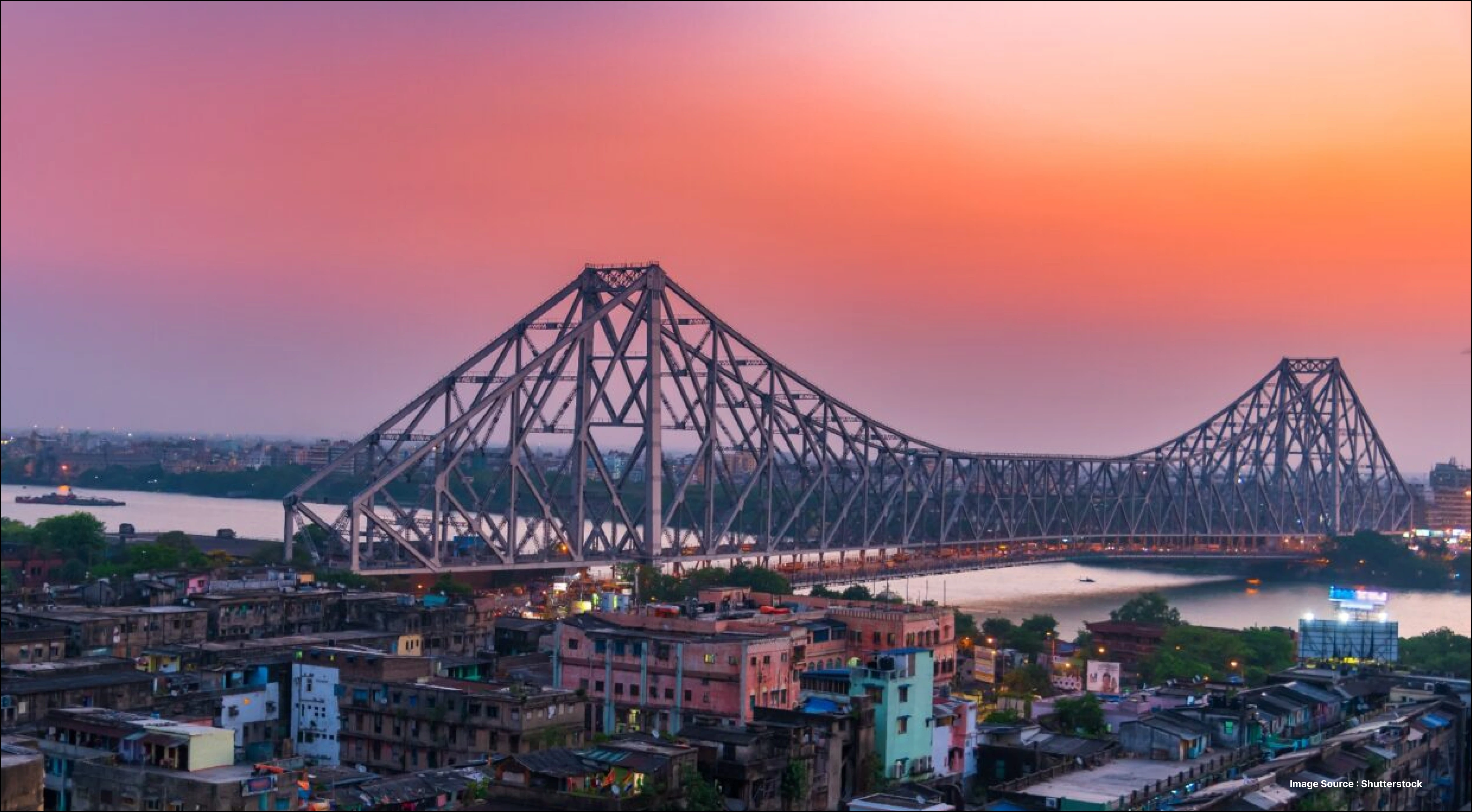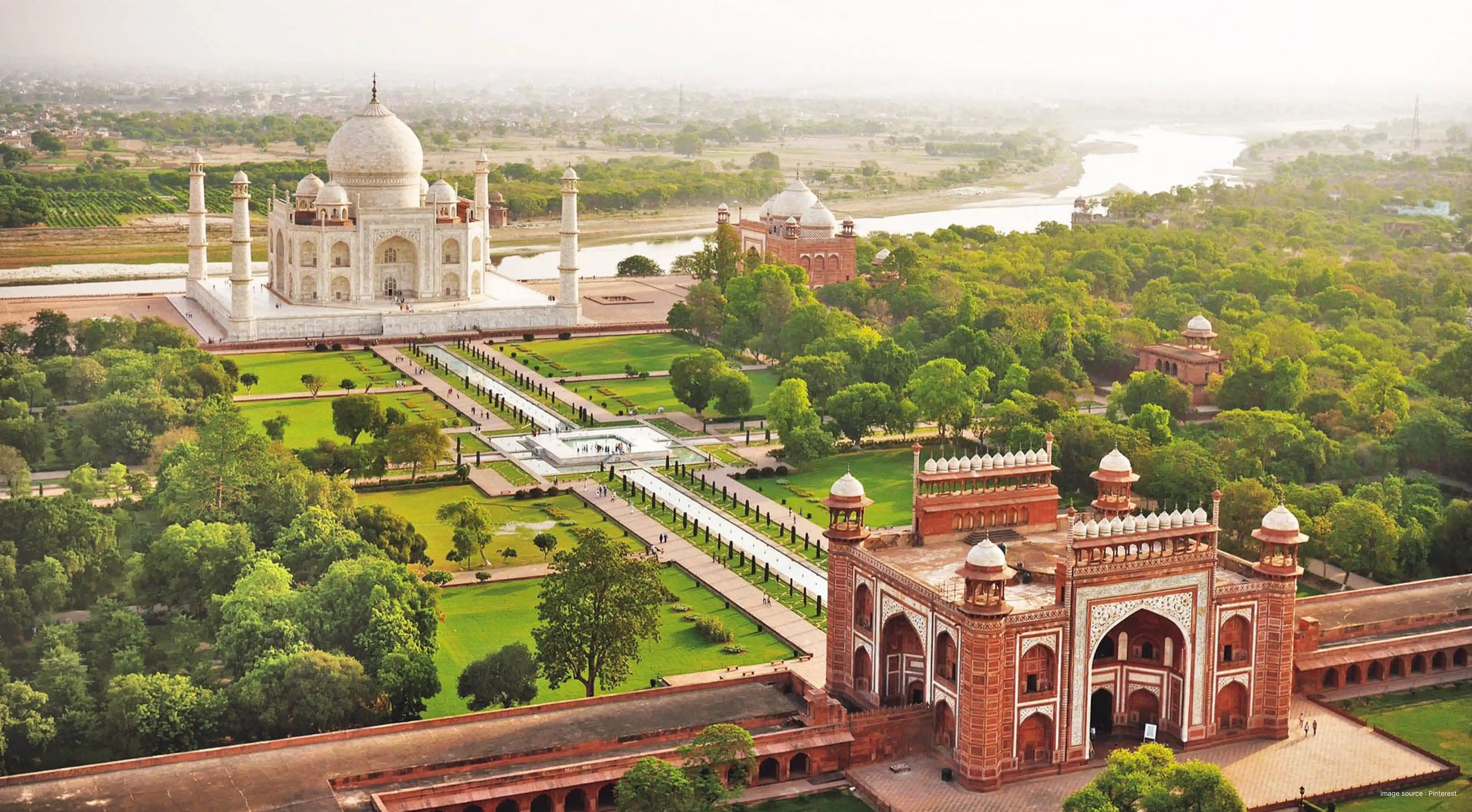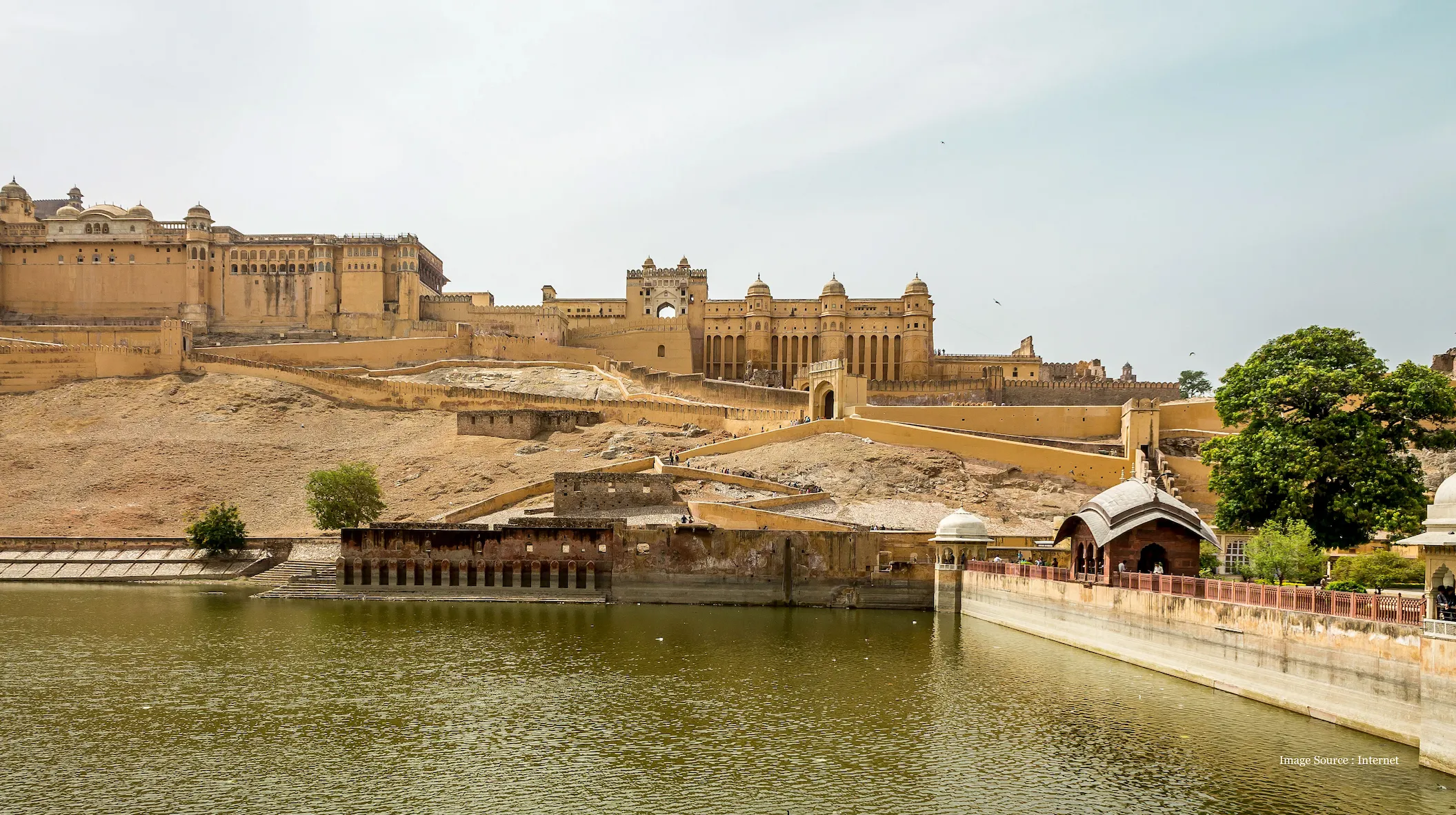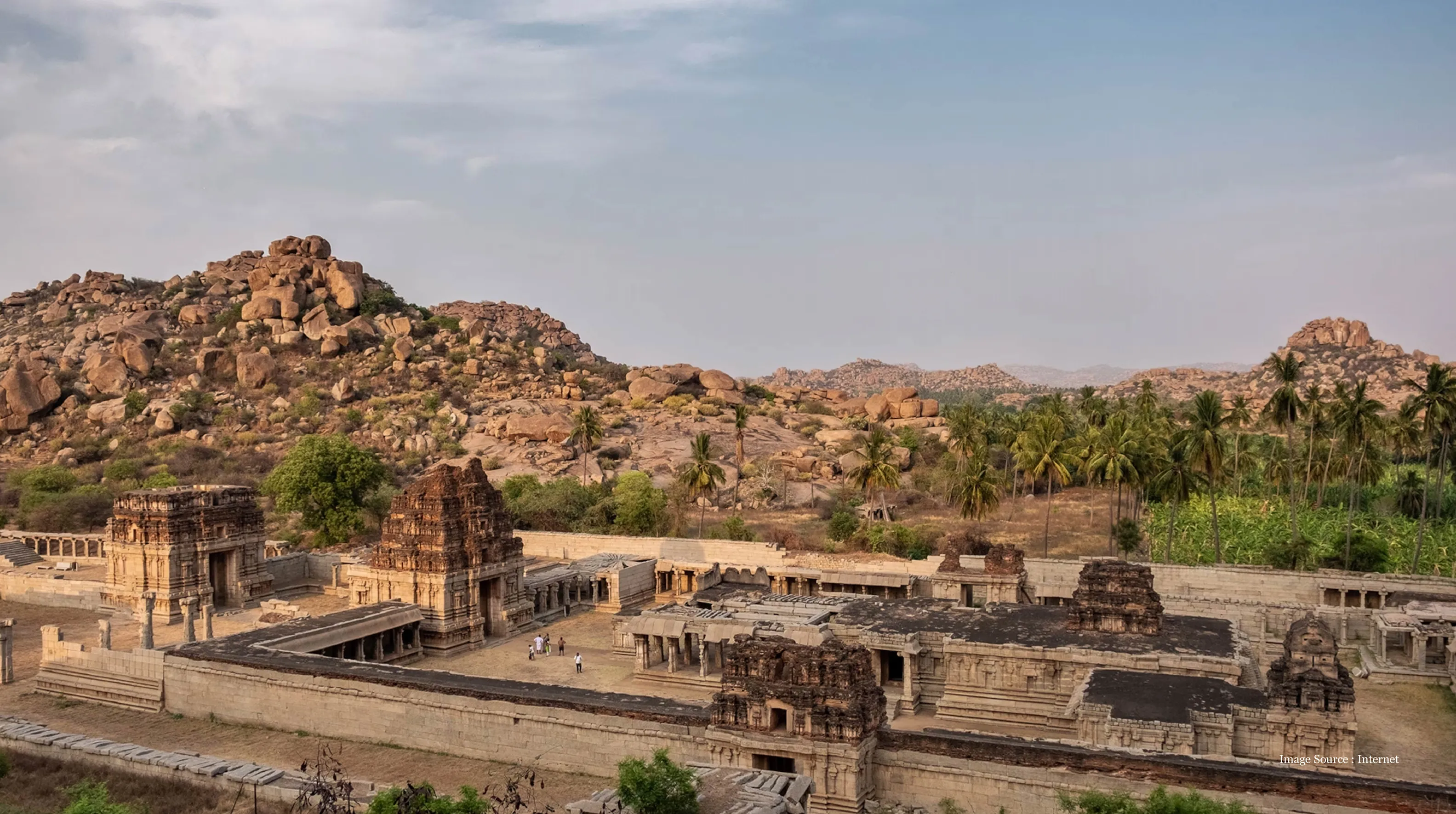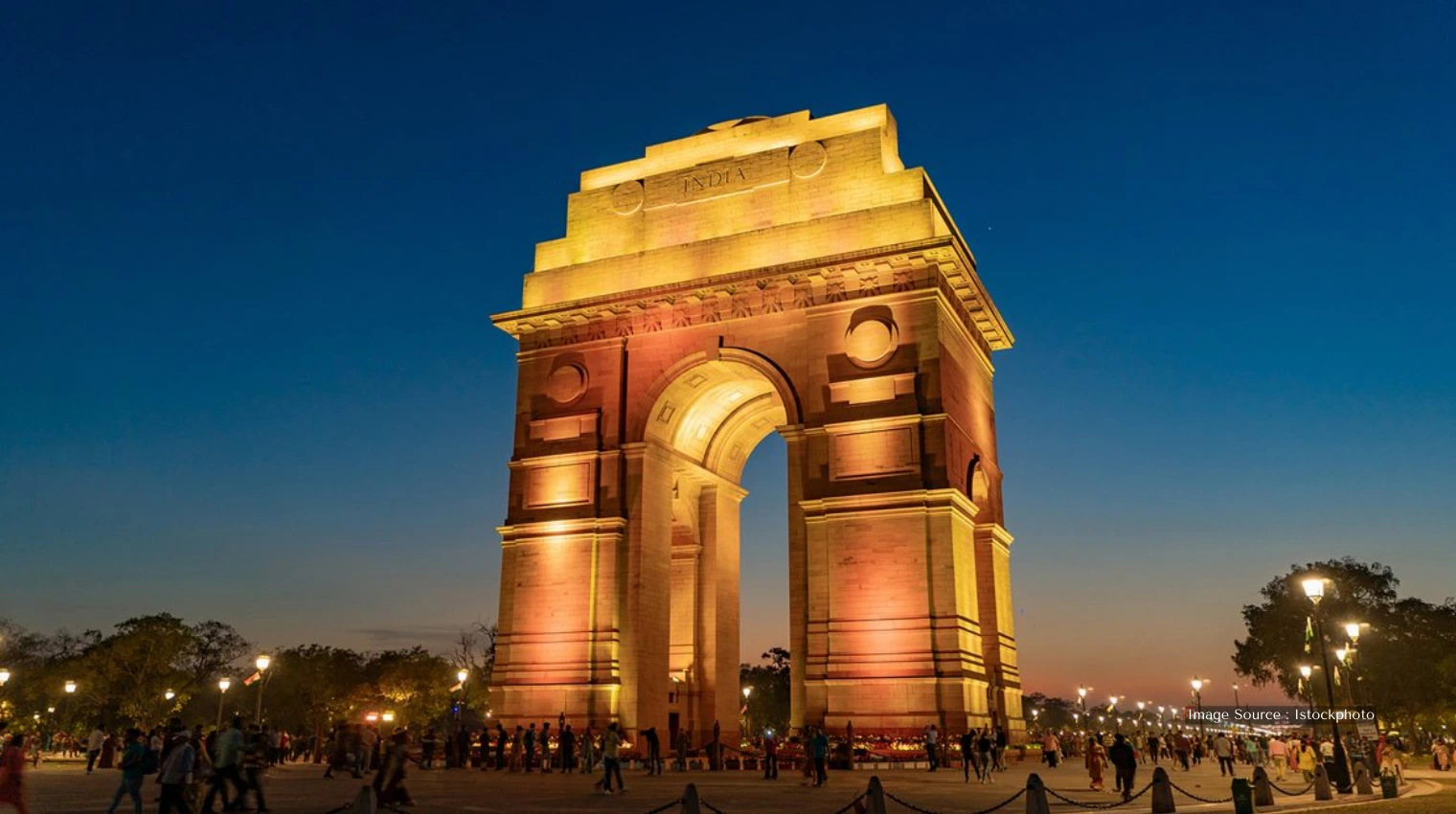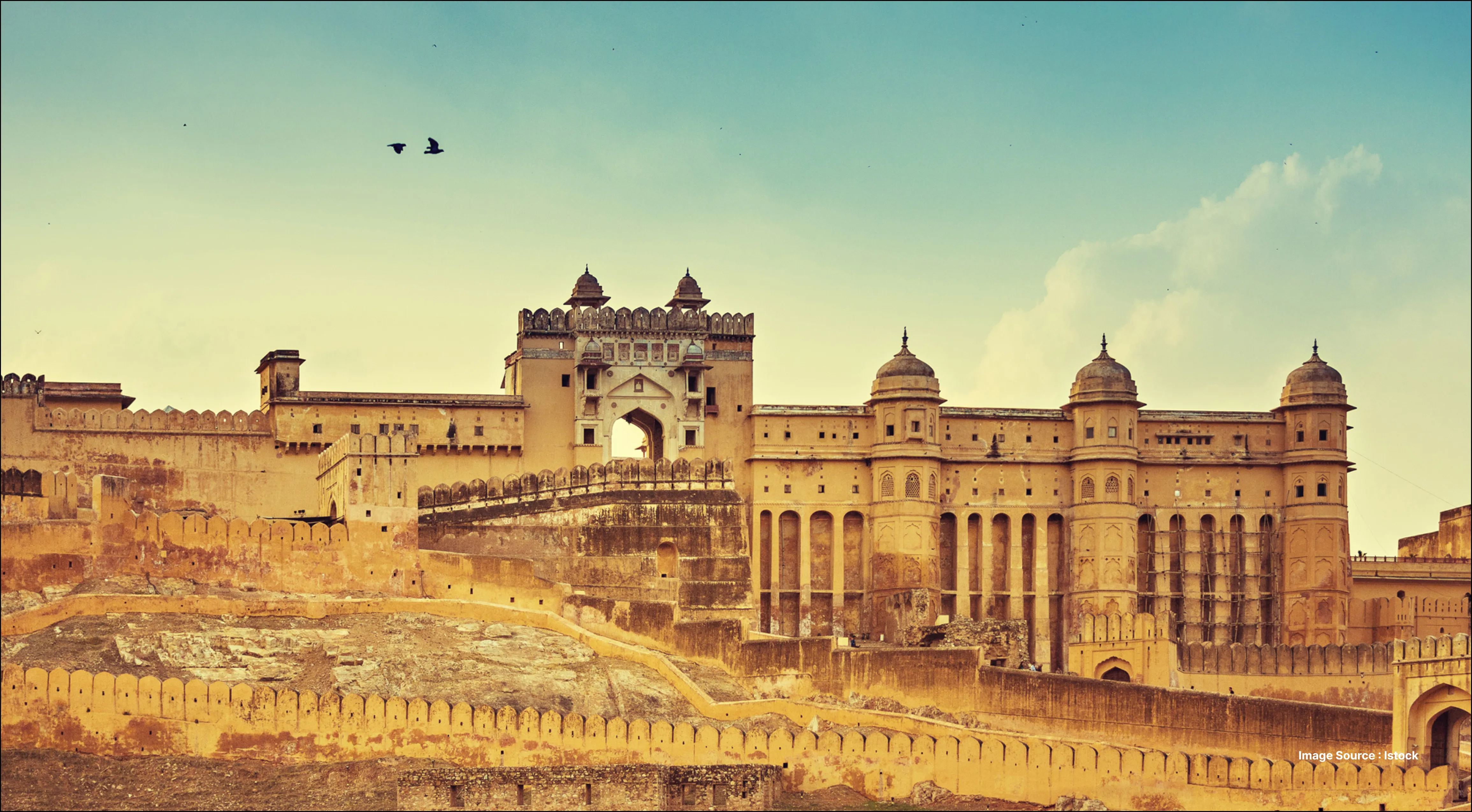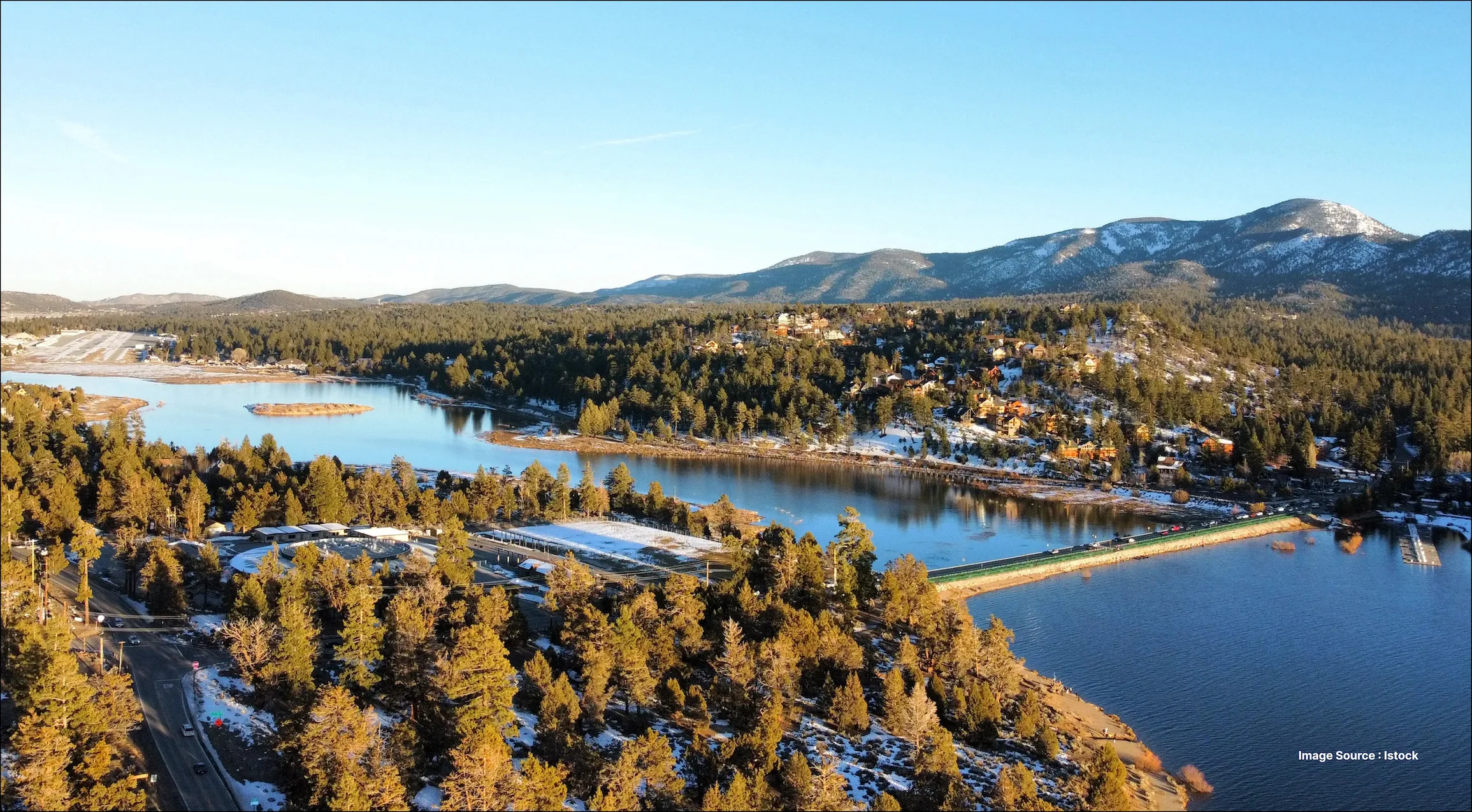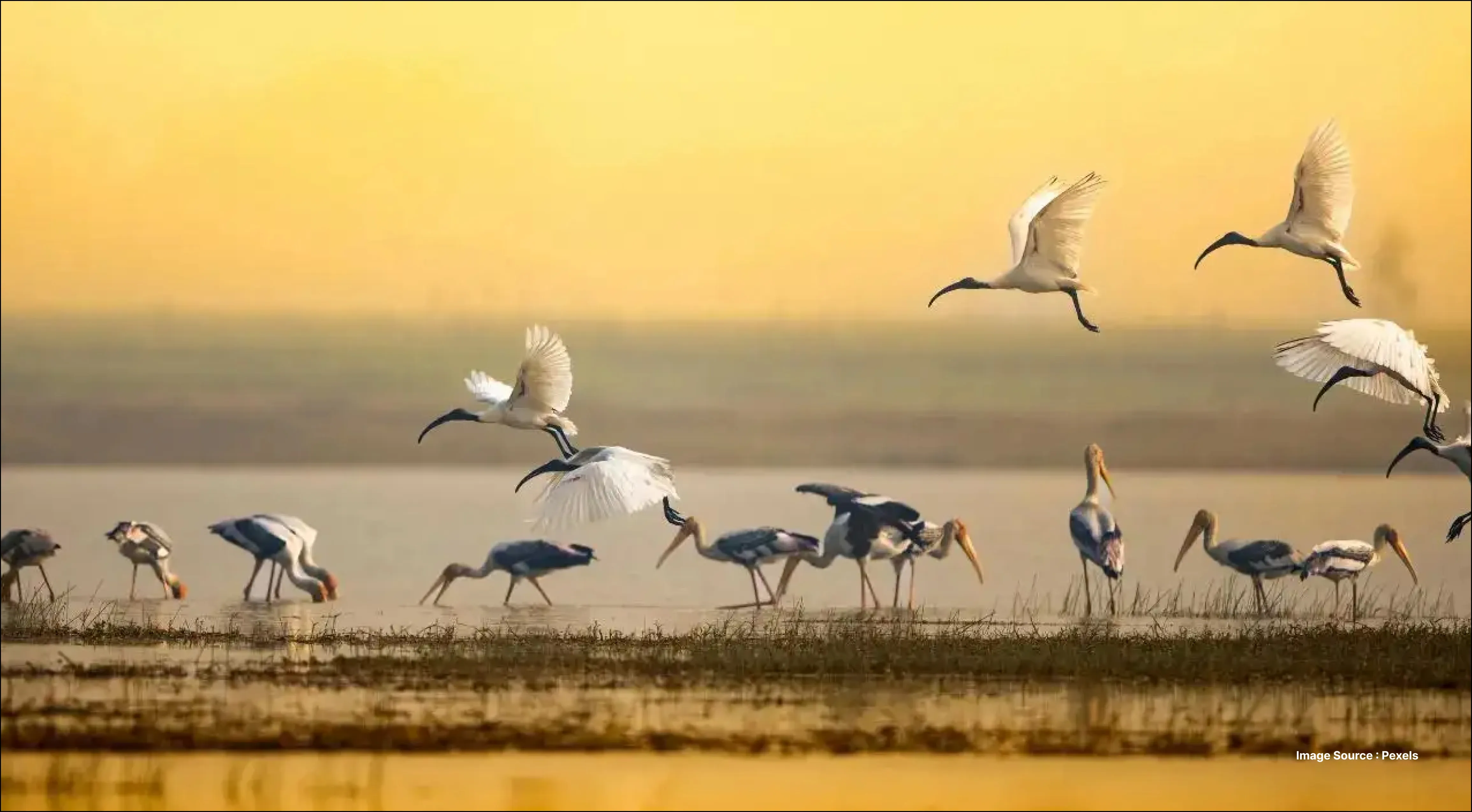Last Updated : Nov 06, 2025 | Author : Tanya Parsad | View Count : 1058 | Read Time : 8 min
Indian Culture Tour: A Luxury Journey Through the Soul of a Subcontinent
Most people think of India as one culture, that's like saying Europe has one culture! Even though I've traveled to 47 countries, nothing prepared me for the sheer cultural diversity of this subcontinent. And I'm not talking about the superficial tourist-brochure version of diversity, but the kind where you can drive three hours and suddenly everything from the language to food to architecture changes completely.
So after having spent nearly a month across 4 different long vacations exploring this incredible country, I've designed what I call the ultimate Indian culture tour. Let me take you through each region and show you exactly how to experience India's beautiful cultural tapestry.
How long do you need to truly experience India's diverse cultures
India's sheer diversity needs at least 3-4 weeks to meaningfully explore all four regions. Each area - from North India's Mughal heritage and Rajasthan's desert kingdoms to South India's backwaters and classical temples, East India's mountains, and West India's desert - feels like a different country. Spending 6-7 days per region is a good pace for an Indian culture tour
Table of Contents:
- North India Unveiled: Palaces, Prayers, and Ancient Power
- Spice Routes and Sacred Stones: Discovering Southern India
- East India Culture Tour: Where Mountains Meet Mysticism
- Goa, Gujarat, and Beyond: India's Vibrant West
North India Unveiled: Palaces, Prayers, & Power
Northern India is where most international visitors start, and honestly, it's a pretty good introduction. There's something about the way history sits here, heavy and magnificent, in every fort and palace. I spent weeks exploring this region, and I can tell you it's the kind of place where you need more time than you think. The architecture alone could keep you busy for months, but it's the living culture (the way people still celebrate centuries-old traditions) that really got to me.
1. The Indian Golden Triangle Circuit
Delhi, Agra, and Jaipur form the perfect introduction to North Indian culture, but what surprised me was how different each city felt.
Delhi is a vibrant mix of old and new. One minute you can be walking through the narrow lanes of Old Delhi near Jama Masjid, smelling kebabs and spices, the next you’ll be at India Gate with its wide boulevards. Witnessing Humayun's Tomb and Qutub Minar gave me my first real taste of Mughal architecture. I stayed at The Oberoi, and after those long days of exploring, having that kind of comfort waiting is necessary, I must say.
Agra was more focused. The Taj Mahal at sunrise (absolutely recommend) made me understand why people write poetry about it. But Agra Fort and Fatehpur Sikri are where you’ll get a closer look at the life & residences of Mughal emperors. The ITC Mughal in Agra captured that Mughal theme perfectly, which felt fitting. Even then, the Oberoi Amarvilas shines with its Taj view rooms.
Jaipur is where I really fell for North India. The pink city isn't just about Amber Fort and City Palace (though both are stunning), it also has the gorgeous Johari Bazaar, where I loved spending time watching artisans create block-printed textiles. My stay at the Taj Rambagh Palace, the city’s most iconic palace-converted hotel, didn’t fail to make me feel like royalty myself.
2. Cultural Rajasthan Tour
After the Golden Triangle, I went to Jaisalmer, Jodhpur, and Udaipur. Each city, although in the same state, was completely different.
Jaisalmer rises from the Thar Desert like a mirage made real. The golden sandstone fort is one of the world’s very few forts still lived in, which means you're not just seeing history but walking through it. My lovely travel concierge arranged a private desert camp experience along with my luxury sundowner & camel safari, and it made my trip truly unforgettable.
Jodhpur's Mehrangarh Fort dominates its skyline. You can see it from everywhere in the city, just towering over the blue houses below. The fort museum's collection fascinated me with how grand Rajput culture really was (their weapons are basically works of art). I stayed at Taj Umaid Bhawan Palace, which is partially still a royal residence. Having breakfast in a palace where maharajas actually live? That's not something you can easily forget.
Udaipur changed the pace entirely. City Palace over Lake Pichola, boat rides at sunset, miniature paintings everywhere you look. I found myself just relaxing here, taking it all in. The Oberoi Udaivilas & the Taj Lake Palace are my top choices when it comes to hotels.
When to Visit North India for Local Festivals: October to March is ideal, but if you can time it right, visit during the Jaipur Literature Festival in January or the Desert Festival in Jaisalmer (February). It has folk performances you won't see anywhere else.
Start planning your luxury cultural adventure
TL;DR: The Golden Triangle plus Rajasthan offers the perfect introduction to India's imperial heritage - from Mughal monuments in Delhi and Agra to Rajput palaces across the desert kingdoms.
Spice Routes and Sacred Stones: Discovering Southern India
Going south felt like entering a different country, everything changed. The pace, the food, the way temples look (tall towers covered in colorful sculptures). And reminding you of the tropical paradise this region is, there were rivers, backwaters & coasts everywhere.
-
Kerala Backwaters Tour
The Kerala backwaters were nothing like I expected. I'd seen photos, sure, but floating through them on a deluxe yet traditional houseboat was genuinely peaceful in a way I wasn't expecting.
Started in Kochi, where the spice markets still smell like history. I watched a Kathakali performance, mesmerised with how every tiny movement means something. The centuries-old fishing net technique at Fort Kochi beach is still used by local fishermen. I recommend staying at the Taj Malabar, if you’re a fan of harbour views, or the Grand Hyatt Bolgatty is a great option too.
Alleppey (Alappuzha) is where you really experience the backwaters. My houseboat had a private chef who prepared a traditional Kerala Sadya (meal) on banana leaves, and gliding past village life made even the stillness feel so meditative. Munnar's tea plantations were different. Green hills going on forever, cool air, learning how tea gets processed at these old estates. I stayed at the Blanket Resort & Spa, and their attention to detail & luxury standards impressed me.
-
Hidden Gems of South Tour
This is where I got to brag a little to friends back home because most of them hadn't heard of these places.
.webp)
Hampi was my favorite highlight, and it definitely deserves more fame. Vijayanagara Empire ruins spread across this landscape full of giant boulders. I climbed Matanga Hill for sunset, saw the Vittala Temple with its musical pillars (they actually make different sounds when you tap them), and cycled between the monuments. My tour guide for the day was a historian, and understanding the stories behind these stones made everything more powerful.
Chennai surprised me with its classical roots. I caught a Bharatanatyam performance at Kalakshetra, visited the shore temples at Mahabalipuram, and dove into the city's filter coffee culture. ITC Grand Chola's design references Chola architecture everywhere, and my stay there was no less than exquisite.
Thanjavur's Brihadeeswarar Temple reminded me why Chola architecture is UNESCO-listed. The engineering alone (that massive dome!) was centuries ahead of its time. Similar at Madurai's Meenakshi Temple, loved witnessing the pilgrims, priests, colors, chants, and thousands of sculptures covering every surface.
When to Visit South India for Local Festivals: January for Pongal in Tamil Nadu, September-October for Onam in Kerala with the snake boat races. The Thrissur Pooram in April or May is one of India's most spectacular temple festivals if you can manage with some crowds.
East India Culture Tour: Where Mountains Meet Mysticism
Eastern India doesn't get enough credit, honestly. The diversity here actually challenged my assumptions about what "Indian culture" means. Himalayan traditions, the roots of buddhism, tribes & mountains I couldn’t get enough of– here’s the best way to explore the region:
-
Kolkata Tour
Kolkata (Calcutta) has this intellectual soul that's hard to describe. It's India's cultural capital in many ways, and you feel it walking through neighborhoods where Tagore once walked, and where art isn't just entertainment but identity.
I did the main spots. Victoria Memorial, the Indian Museum. But the smaller things defined it for me. Morning tea at Indian Coffee House & walking through College Street's huge book market was a treat.
Durga Puja season (September-October) transforms the city– every neighborhood competes to build the most artistic idol pandals (temporary structures), and the energy is electric!
-
Sikkim & Darjeeling Tour
Moving into the mountains changed everything again. Sikkim and Darjeeling are all about Buddhist monasteries, Nepali culture, and that mountain air that makes you feel more awake somehow.
.webp)
Gangtok, Sikkim's capital, sits on a ridge with Kanchenjunga dominating the horizon. I visited Rumtek Monastery where you can quietly relax to the chanting of monks early morning, followed by the MG Marg (main street) in the evening, where families usually stroll.
Darjeeling's toy train ride from Siliguri is iconic for a reason. That narrow-gauge railway climbs through tea estates and mountain forests, taking you back a century. In Darjeeling itself, I spent mornings watching sunrise over Kanchenjunga from Tiger Hill and a few days touring tea estates learning about first flush and second flush (yes, I became a tea snob!).
When to Visit East India for Local Festivals: October-November for Durga Puja in Kolkata. March-May for clear views in the mountains. December brings Losar (Tibetan New Year) celebrations in the mountain regions.
Book your bespoke Indian culture journey
Goa, Gujarat, and Beyond: India's Vibrant West
Western India brought together extremes I didn't expect. The stark beauty of desert culture mixing with Mumbai's urban energy, coastal influences– it felt like multiple places at once.
-
White Desert Festival Tour (Rann Utsav)
The Rann of Kutch during the full moon is otherworldly. I'm not exaggerating when I say the white desert stretching to the horizon under moonlight looked like another planet.
Rann Utsav (November-February) is Gujarat's festival in the desert, easily one of my most favorite festive experiences. I watched artisans do bandhani tie-dye, bought silver jewelry from tribal craftspeople, learned why Kutchi embroidery is so respected. and it became one of my most memorable experiences in India.
Staying in luxury tents set up specifically for the festival brought modern comfort to the remote desert location. And having a private chauffeur-driven car at my disposal meant I could explore surrounding villages (Bhuj, with its palaces & museums; Mandvi) at my own pace.
-
Mumbai Tour
Mumbai’s called the “City that never sleeps” and it’s charming to see in real life. This is India's financial capital, Bollywood's home, and somehow still deeply cultural.
I started with Gateway of India and took the ferry to see the centuries-old Elephanta Caves. The British colonial architecture around Fort and Colaba tells tales of Mumbai's trading past. But modern Mumbai showed itself at the Chhatrapati Shivaji Maharaj Vastu Sanghralaya (formerly Prince of Wales Museum), where I enjoyed some incredible Indian art collections.
I stayed at The Taj Mahal Palace, which is basically a Mumbai icon itself. After the 2008 attacks, its restoration became a point of pride for the city. Marine Drive at sunset, watching the city light up was magical.
When to Visit West India for Local Festivals: November-February for Rann Utsav. September brings Ganesh Chaturthi to Mumbai, when the entire city celebrates with joyful, grand processions.
Create your personalized cultural itinerary
TL;DR: Timing your visit around major festivals like Durga Puja, Rann Utsav, or Ganesh Chaturthi adds incredible cultural depth, but shouldn't dictate your entire itinerary.
FAQs
1. How many days do I really need for a Indian culture tour?
Realistically, you'd need at least 3-4 weeks to cover all four regions meaningfully. I'd suggest spending at least 6-7 days per region to not rush. If you are in a time crunch, focus on one or two regions (North/South if it’s your first time in India) and stay longer in each city rather than trying to see everything superficially.
2. Is it a good idea to visit India during festival season?
Festivals add an incredible value to your itinerary with the cultural experiences it brings. I'd say if you can time one major festival in your itinerary, do it, but avoid planning your entire trip around festival dates.
3. What is the best way to explore India’s culture on a luxury trip?
The best way to explore India’s culture is to plan your luxury trip with a bespoke travel agency. The private guides, 24/7 white-glove concierge & curated experiences will make a real difference to your vacation. Connect with India’s top tour experts at +1 (813) 344-8306.
plan your bespoke india journey today
tell us what inspires you - and we will handcraft an experience that mirrors your elegance, pace & personality.
START PLANNINGBlogs Categories
It is a Sanskrit verse taken from an ancient Bharat (Indian) scripture
which means ‘The Guest is like God’.
In Bharat (India), guests are always welcomed with open arms and given
You Will Like These Too...
It is a Sanskrit verse taken from an ancient Bharat (Indian) scripture
which means ‘The Guest is like God’.
In Bharat (India), guests are always welcomed with open arms and given
TRAVELOSEI PROMISE
What To Expect?
The Real India,
Re-Imagined For You
India is not just a destination - it's a world with-in the world. TRAVELOSEI go far beyond guide-books to offer you an India that is authentic yet exclusive, spiritual yet sophisticated delivered through private doors, rare access, and impeccable attention to details.
Trusted By Global Elites
From World Class Leaders to Forbes Listed Families and international Royalties to
visionary CEOS.
Our clientele chooses us for one reason - We Know India. Over two decades of providing
experiences which aren't just luxurious - they are intimate, curated & wildly rare.
Bespoke Travel Experience
For those who seek truth in detail, art in hospitality, and identity in experience. Our Luxury Travel Architect work discreetly and personally with you to craft travel experiences that go beyond 5 Stars, where every detail whispers luxury - and legacy.
White-Glove Concierge
24 X 7 Dedicated Concierge Support even in the wildest corners of India. At TRAVELOSEI, our concierge team ensures that everything-from airport- tarmac pick-ups, last minute reservations and private spiritual sessions - is handled before you even ask.
